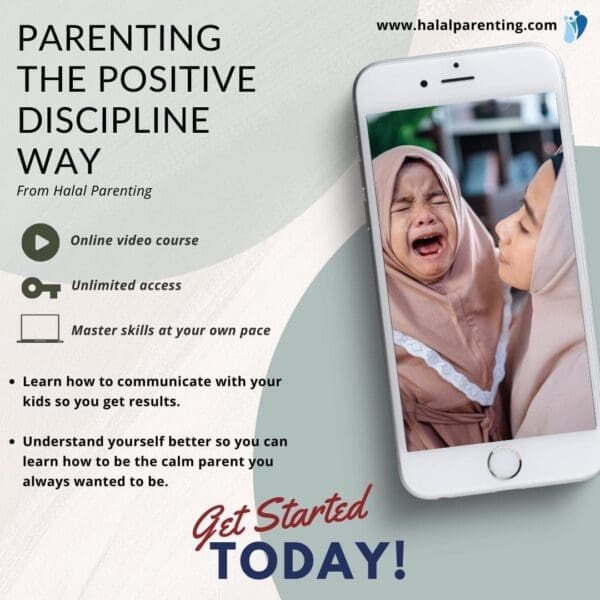The Pitfalls of Peer Pressure

“It’s better to walk alone than with a crowd going in the wrong direction”
It’s human nature to want to fit in with your peers and feel accepted, and it’s not only children that feel that way, adults often make their life decisions based on the behaviors of people in their social and family circle.
Teenagers are particularly vulnerable to the influence of their friends – at this age, they are keen to find an identity and crave social acceptance. This desire to conform begins in childhood but peaks during adolescence when teens are beginning the process of separation from the family and trying to figure out how they feel and think about certain matters and understand their own values.
Why is peer pressure so powerful?
Given this desire and need to find out who they are, teenagers turn to their friends who they can relate to and who are going through the same stage of adolescence as them. Because they spend so much time (physically or online) with their friends, they quickly identify ways that their ‘needs’ can be met.
For instance, if a teenage girl is poor self-esteem, and she is spending a great deal of time on her friend’s carefully curated social media pages, she may decide that her friends are much prettier than she is because they wear makeup, so she starts doing the same. Boys with low self-confidence may be attracted to people who indulge in risky and destructive behaviors, and join in so they can also enjoy the ‘high.’
“Be more concerned with your character than your reputation….because your character is who you really are, while your reputation is merely what others think you are.”
John Wooden

Peer Influence vs Peer Pressure
That’s not to say that all peer pressure is negative. It’s common for teenagers to also become inspired by friends who radiate positivity, for example high achievers in academics or sports, or peers who exemplify high moral standards who are supportive and generous. These are wonderful people for our children to surround themselves with, and in these cases, the subtle pressure to align themselves more with these friends is very beneficial for everyone.
Peer influence is a powerful tool to encourage our children to do what is right and to support and help each other, fostering a very giving and generous society. Kids who give in to peer pressure on the other hand, because they are insecure and want to fit in hoping that a void will be filled, are more likely to experiment with drugs, alcohol and/or sex.
How can you protect your child from negative peer pressure?
The search for belonging is amplified in teens who feel like misfits in their communities and even their home environments. If you feel like your child is being swept up in the negative effects of peer pressure, try asking them some questions without being confrontational to show that you are genuinely interested in their point of view. Perhaps you can help them realize that their indulgence in unfavorable behavior is not really filling their need, and you can help steer them to better resources.
Understand that while your teens live with you, your job is to teach them good habits and ethics that lay a strong foundation for their future independence. We cannot control every aspect of their lives (nor should we), but we need to trust them to make good decisions.
Try to incorporate a balanced viewpoint in your home – after all, our dua’s to Allah swt are to give our children the best in both the worlds, insh’Allah.

- Invest emotionally in your kids. Take time to really talk to them – joke around and have fun, teach them important skills – your efforts will insh’Allah reap great rewards.
- Emphasize strong family ethics that imbue Islamic values. Giving them the gift of being able to connect with Allah swt in the right way, helps them understand that they are never alone, and can always seek help and guidance from the Almighty.
- Get to know your teen’s friends – invite them to your home so you can make a connection with them, and they can understand your family life.
- If you are living in a country as an immigrant, understand that your teen may not be able to relate to your childhood experiences, so try to educate yourself with what they have to face each day.
- Don’t be shy in having conversations about difficult subjects with your teen, such as premarital sex, drugs, LGBTQ issues, etc. Being open to having these discussions allows you the opportunity to explain the Islamic stance and encourage them to think critically.
- Do your very best with the resources that you have and put your trust in Allah swt. Make a lot of dua’ for the spiritual, physical and emotional well-being of your teenage children, and give money in sadaqah on their behalf.
Teenage Affirmation
Only YOU are responsible for the decisions you make.
When you’re outside of your comfort zone, resist the urge to ‘go along’ with what everyone else is doing if it means compromising your true values.
Focus on the journey you’re on. It can help to brainstorm a list of core values that you want to stay true to. Make a promise to yourself not to compromise them – but if you do stray, seek forgiveness from Allah swt, forgive yourself and get back on track.
Don’t fear the gossip or taunts of your peers if you don’t conform to their behavior: “And be patient over what they say and avoid them with gracious avoidance” [Qur’an 73:10]
Aim for a balance of Deen and Dunya: “Take what is given freely, enjoin what is good, and turn away from the ignorant” [Qur’an 7:199]


